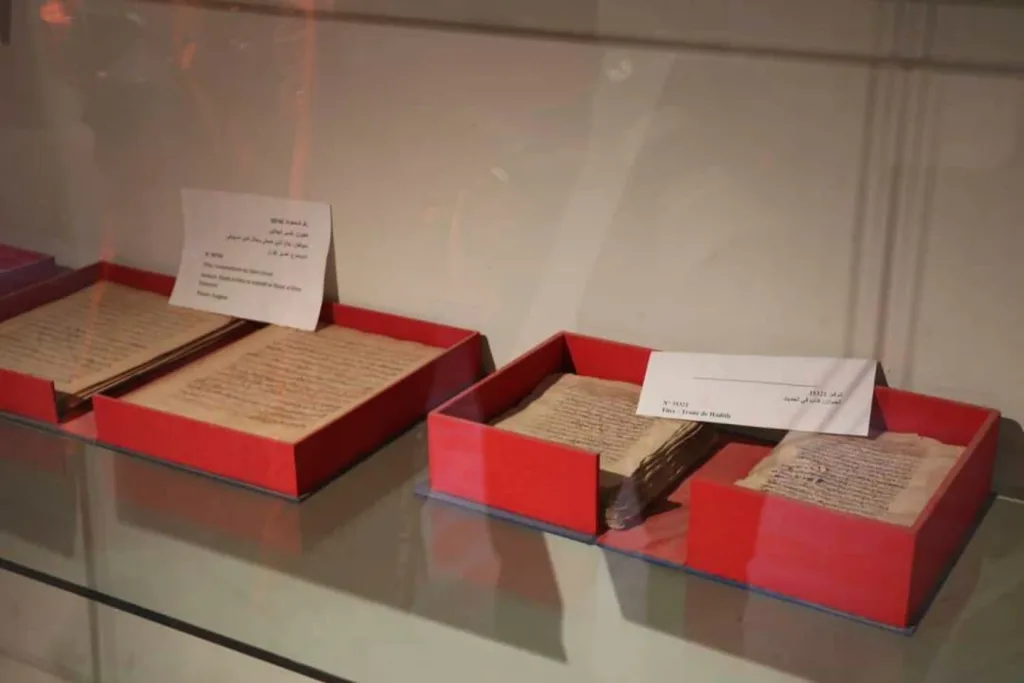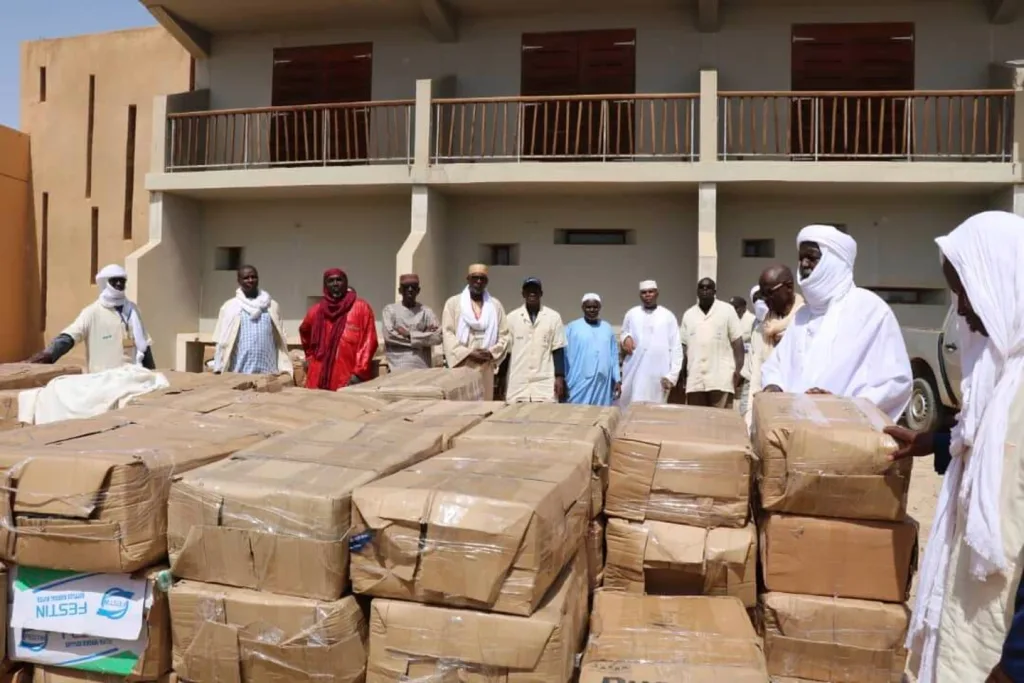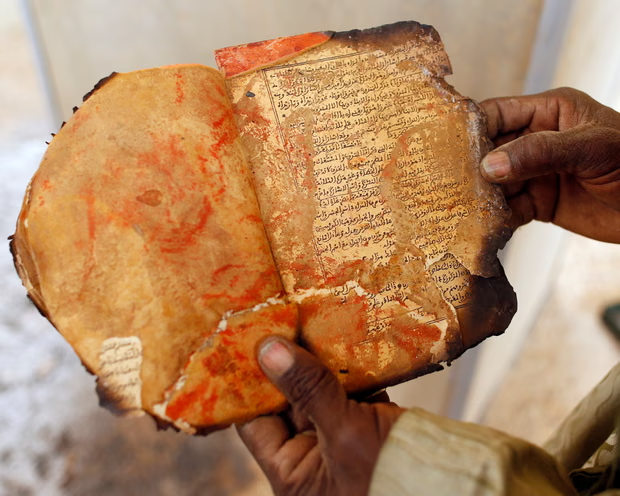After more than a decade in exile, Timbuktu’s celebrated manuscripts have returned to their desert home, restoring one of Africa’s most treasured legacies. On August 11, Malian authorities oversaw the first phase of their repatriation from the capital, Bamako, to the historic city where they originated.

The manuscripts, thousands of hand-written texts covering astronomy, medicine, poetry, law, and theology, once made Timbuktu a beacon of scholarship during the height of West Africa’s intellectual golden age. Dating as far back as the thirteenth century, these fragile works embody a history of learning that stretched across the Sahara and connected Africa to the wider Islamic world.

In 2012, when al-Qaida affiliated militants swept into Timbuktu, custodians risked everything to smuggle the manuscripts to safety. They packed the texts into rice sacks and transported them on donkey carts, motorcycles, and boats. Through these daring efforts, more than 27,000 manuscripts reached Bamako in a clandestine rescue that has since become legend. Although militants destroyed several mausoleums and thousands of texts, most of the collection survived.

Now, thirteen years later, more than 200 crates weighing about 5.5 tonnes have flown back north. Conservators argue the move is as much about preservation as symbolism. Unlike Bamako’s humid climate, Timbuktu’s arid air provides ideal conditions for storage and reduces the silent threat of decay.

At a ceremony in the Ahmed Baba Centre for Documentation and Research, Mali’s higher education minister Bouréma Kansaye hailed the manuscripts as “a legacy that bears witness to intellectual greatness.” Local officials expressed similar sentiments, stressing their role as mirrors of identity and resilience. However, despite the celebrations, residents remain aware of present challenges, since ongoing insecurity and economic hardship weigh heavily on daily life.

For Mali’s military government, the manuscripts’ return also carries political weight. Officials hope the move will demonstrate stability ahead of a planned cultural biennale in December, an event designed to place Timbuktu back on the world’s cultural map.


